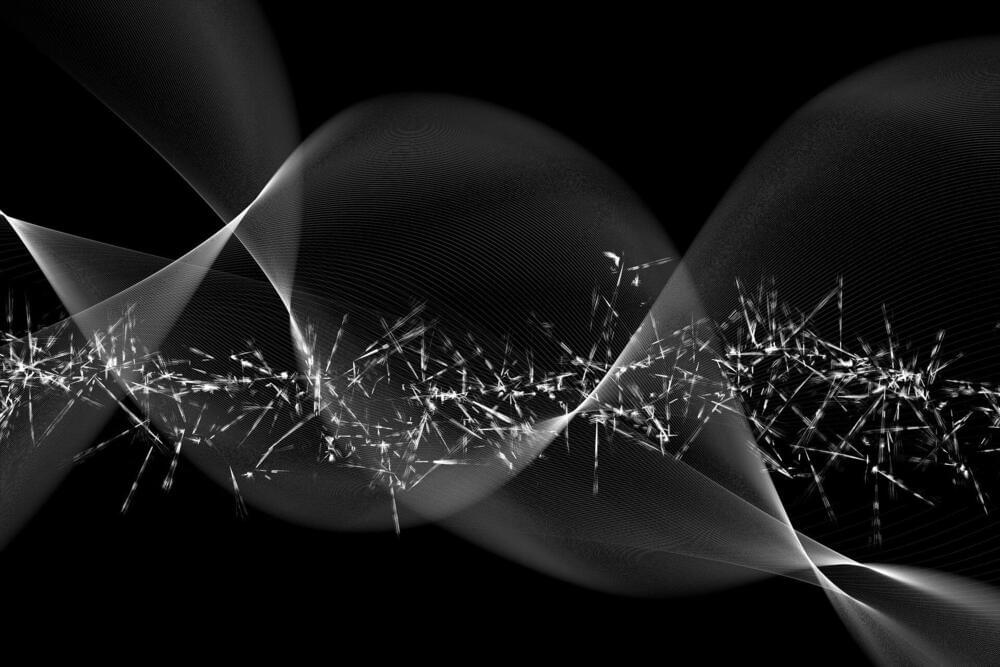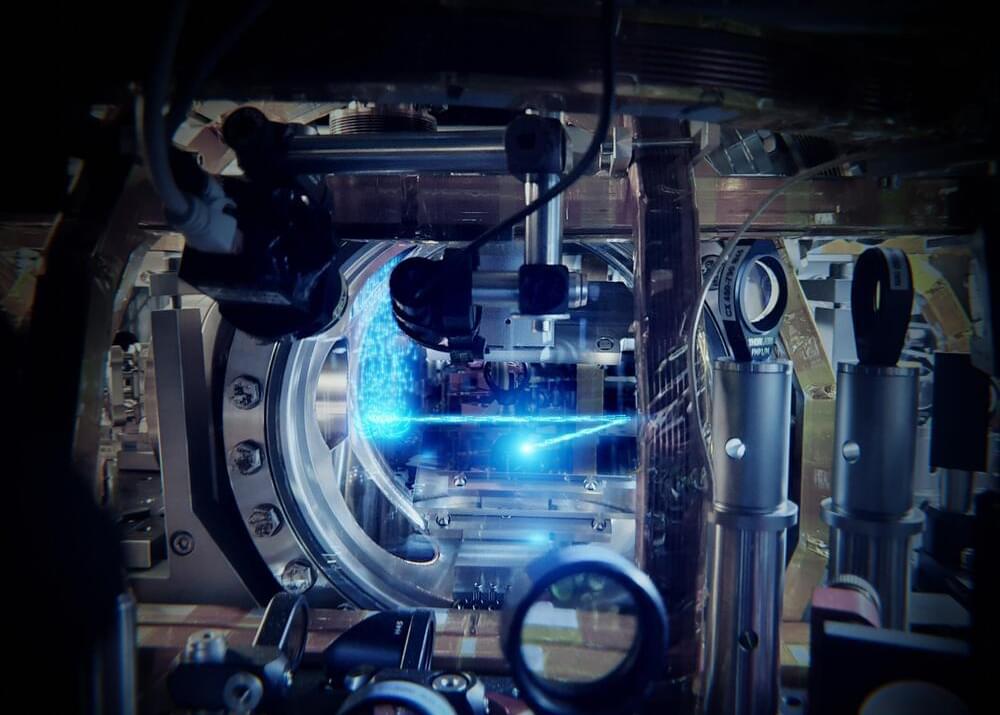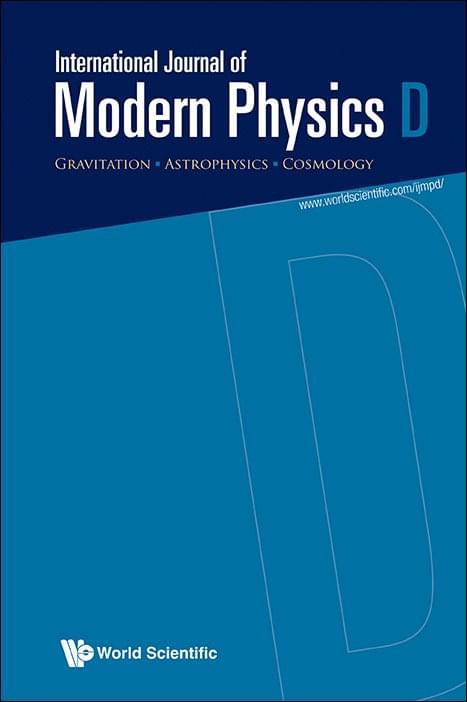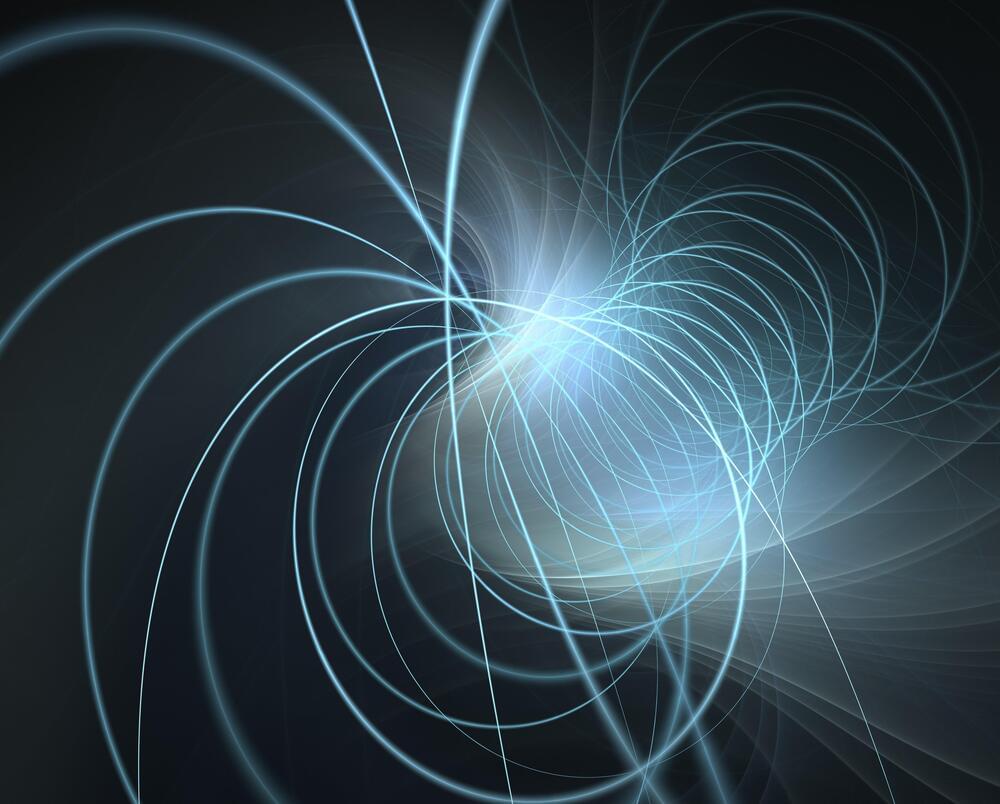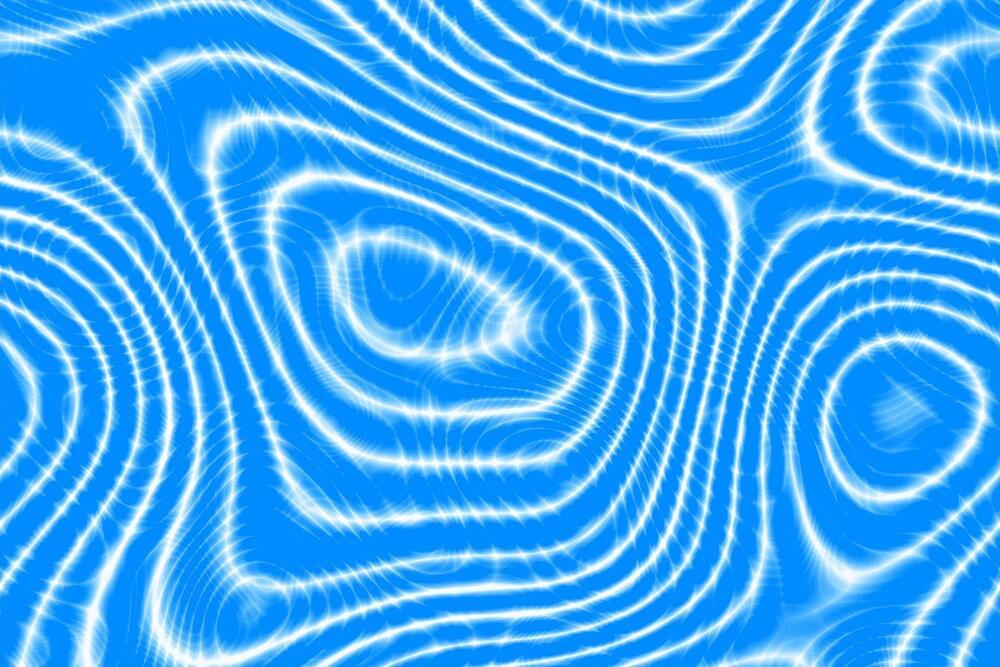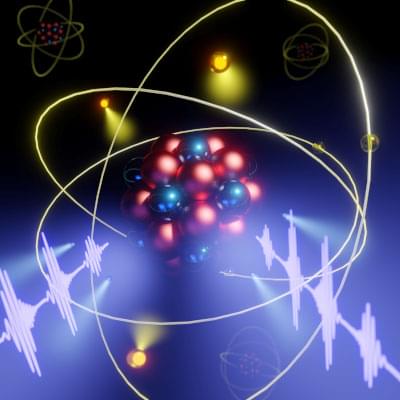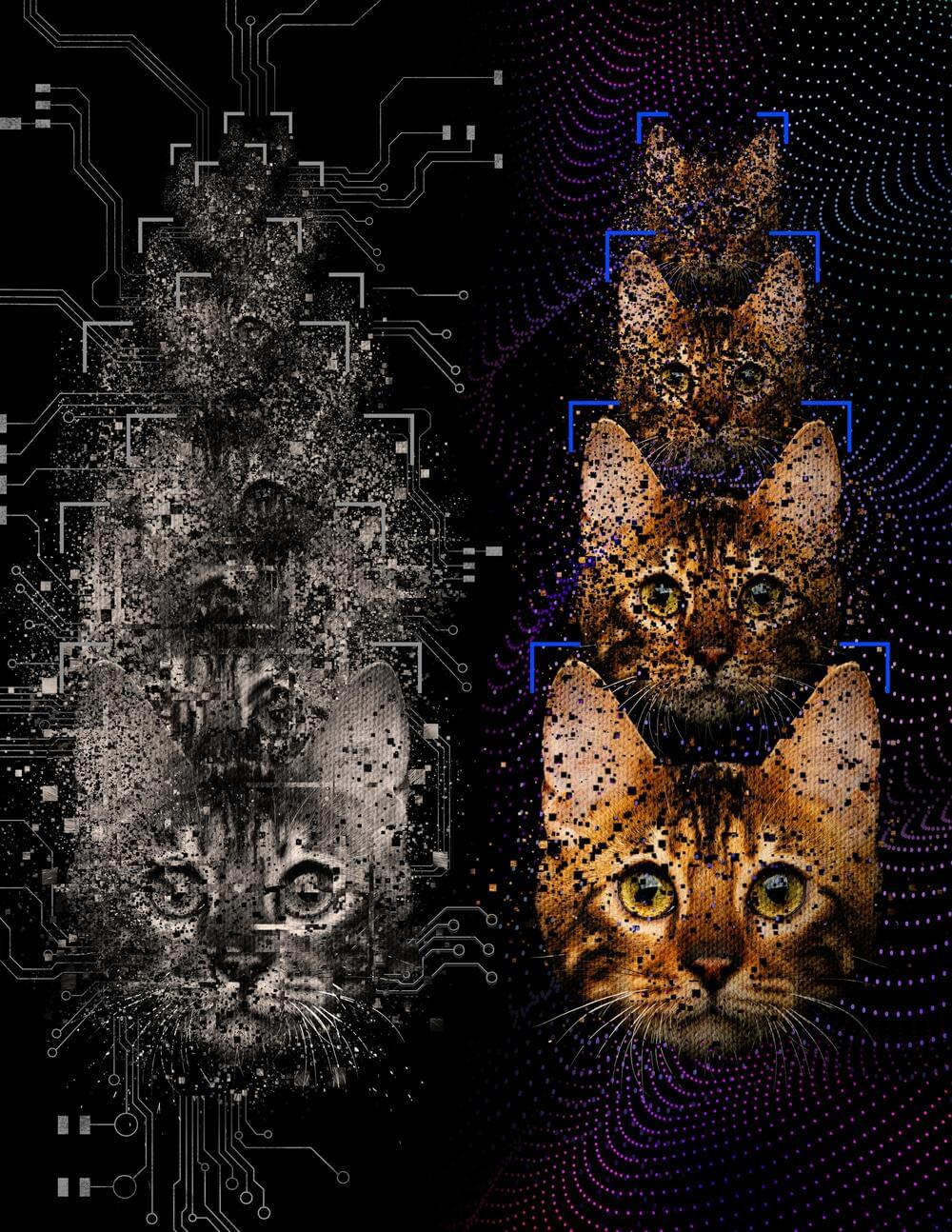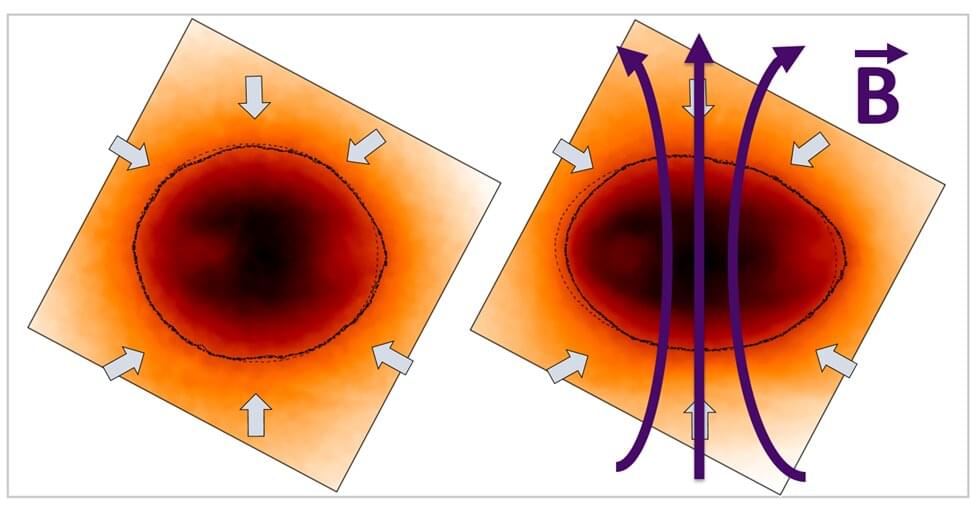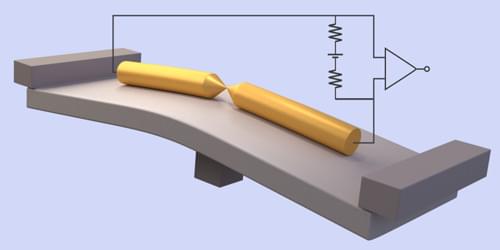Jun 16, 2022
Quantum electrodynamics tested 100 times more accurately than ever
Posted by Genevieve Klien in categories: cosmology, particle physics, quantum physics
Using a newly developed technique, scientists at the Max Planck Institute for Nuclear Physics (MPIK) in Heidelberg have measured the very small difference in the magnetic properties of two isotopes of highly charged neon in an ion trap with previously inaccessible accuracy. Comparison with equally extremely precise theoretical calculations of this difference allows a record-level test of quantum electrodynamics (QED). The agreement of the results is an impressive confirmation of the standard model of physics, allowing conclusions regarding the properties of nuclei and setting limits for new physics and dark matter.
Electrons are some of the most fundamental building blocks of the matter we know. They are characterized by some very distinctive properties, such as their negative charge and the existence of a very specific intrinsic angular momentum, also called spin. As a charged particle with spin, each electron has a magnetic moment that aligns itself in a magnetic field similar to a compass needle. The strength of this magnetic moment, given by the so-called g-factor, can be predicted with extraordinary accuracy by quantum electrodynamics. This calculation agrees with the experimentally measured g-factor to within 12 digits, one of the most precise matches of theory and experiment in physics to date. However, the magnetic moment of the electron changes as soon as it is no longer a “free” particle, i.e., unaffected by other influences, but instead is bound to an atomic nucleus, for example.
